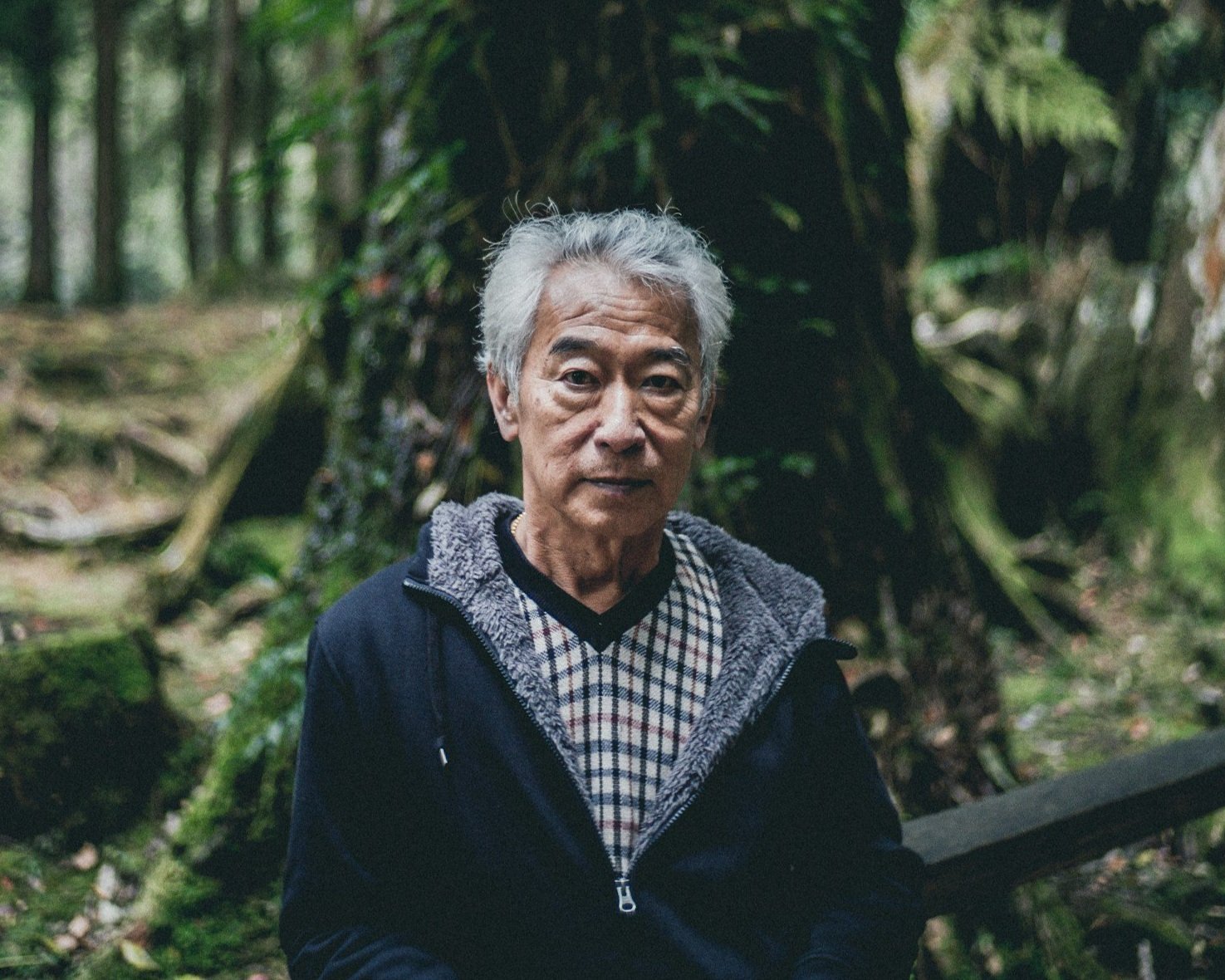Specialized Psychiatry
for Asian Americans
Culturally competent care ensures that healthcare providers are sensitive to the unique needs of diverse populations.
For Asian Americans, mental health can be challenging to address due to cultural stigmas, family expectations, and communication styles that differ from many Western mental health workers.
Culturally competent psychiatric care recognizes these complexities and tailors treatment to respect cultural identity, leading to more effective and compassionate care.
Dr. Fu brings this approach to her interactions with all of her clients, regardless of background. The correct cultural context is pivotal to successful treatment.
Psychiatric care for Asian Americans
Adults
Asian American adults navigate the dual pressures of maintaining cultural traditions while adapting to the demands of modern American life.
Cultural stigmas around mental health can make it difficult to seek help — discussing emotional struggles may be seen as a sign of weakness. Maybe you were raised to “save face” in emotional situations.
Culturally competent psychiatric care provides a safe, non-judgmental space where these concerns are understood and respected. By acknowledging the nuances of Asian American cultural identity, this approach helps individuals feel more comfortable engaging in treatment, ultimately leading to better outcomes.
Kids
Children from Asian American backgrounds grow-up at the intersections of cultural identity, peer pressure, and family expectations.
Culturally competent psychiatry helps young patients and their parents understand and navigate these challenges by bridging the gap between their cultural upbringing and their experiences in school and social environments.
I provide children and parents the tools they need to manage anxiety, depression, or behavioral issues in a way that is both age-appropriate and culturally sensitive. My emphasis on cultural context helps reduce the stress and confusion that often arise in a cross-cultural childhood.


